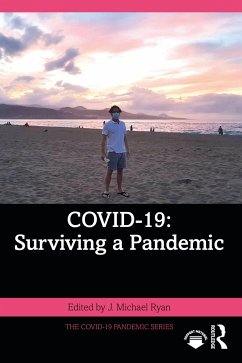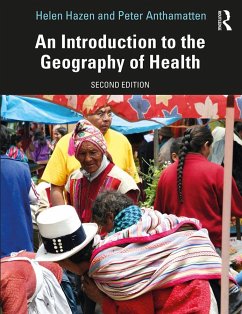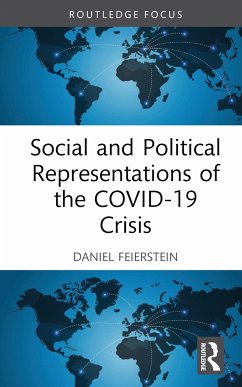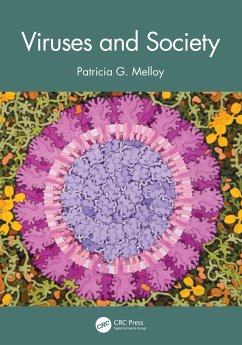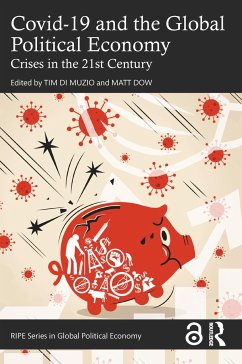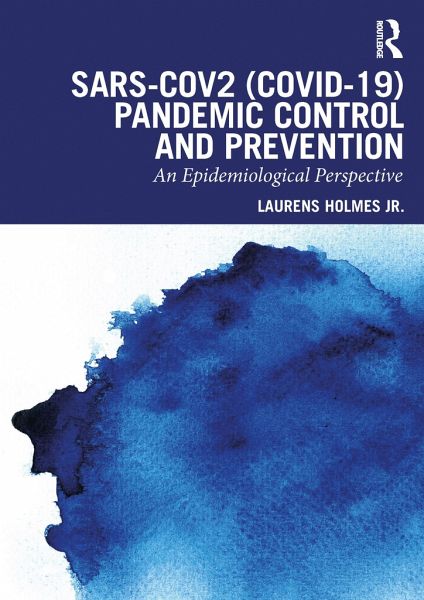
SARS-CoV2 (COVID-19) Pandemic Control and Prevention
An Epidemiological Perspective
Versandkostenfrei!
Versandfertig in 6-10 Tagen
50,99 €
inkl. MwSt.
Weitere Ausgaben:

PAYBACK Punkte
25 °P sammeln!
This is the first comprehensive text to provide not only a detailed explanation of how the SARS-CoV2 (COVID-19) virus is spread within human populations, but also an epidemiological analysis and interpretation of viral pandemics to enable better measures for prevention and control.Providing an introduction to the physiology of both the human immune system and the SARS-CoV2 virus, specifically the virus's replicative potential and our own vulnerability, the book offers an in-depth understanding of how the pandemic evolved. It also highlights the aberrant epigenomic mechanistic process in pathog...
This is the first comprehensive text to provide not only a detailed explanation of how the SARS-CoV2 (COVID-19) virus is spread within human populations, but also an epidemiological analysis and interpretation of viral pandemics to enable better measures for prevention and control.
Providing an introduction to the physiology of both the human immune system and the SARS-CoV2 virus, specifically the virus's replicative potential and our own vulnerability, the book offers an in-depth understanding of how the pandemic evolved. It also highlights the aberrant epigenomic mechanistic process in pathogenic microbe's replication and survival, implying gene and environment interaction that affected different populations. Citing a range of environmental conditions, from structural and systemic racism to malnutrition and low-socioeconomic status, the book examines how these factors exacerbated existing health disparities, resulting in a disproportionate burden of morbidity and mortality on certain social groups.
Also providing invaluable guidance on how future iterations of this pandemic may be better prevented and controlled, this will be a defining book for students, researchers and professionals within Public Health and Clinical Medicine to better understand the SARS-CoV2 (COVID-19) virus, and how to protect the most vulnerable social groups.
Providing an introduction to the physiology of both the human immune system and the SARS-CoV2 virus, specifically the virus's replicative potential and our own vulnerability, the book offers an in-depth understanding of how the pandemic evolved. It also highlights the aberrant epigenomic mechanistic process in pathogenic microbe's replication and survival, implying gene and environment interaction that affected different populations. Citing a range of environmental conditions, from structural and systemic racism to malnutrition and low-socioeconomic status, the book examines how these factors exacerbated existing health disparities, resulting in a disproportionate burden of morbidity and mortality on certain social groups.
Also providing invaluable guidance on how future iterations of this pandemic may be better prevented and controlled, this will be a defining book for students, researchers and professionals within Public Health and Clinical Medicine to better understand the SARS-CoV2 (COVID-19) virus, and how to protect the most vulnerable social groups.







